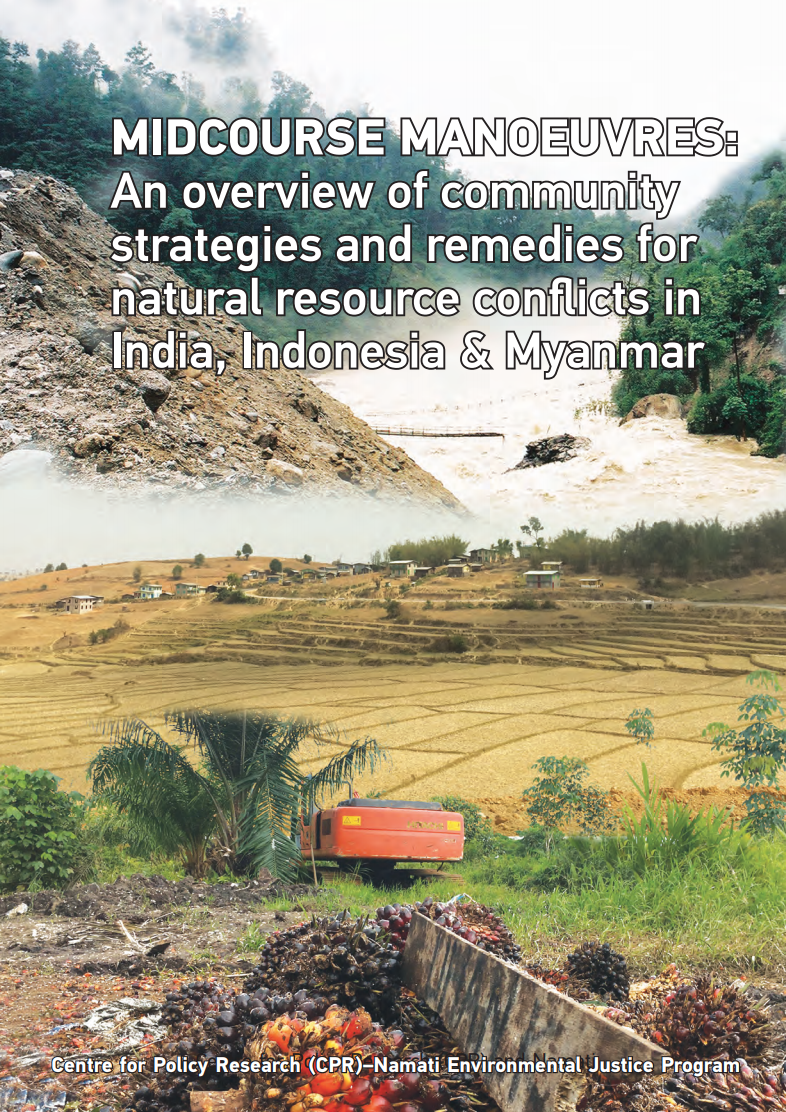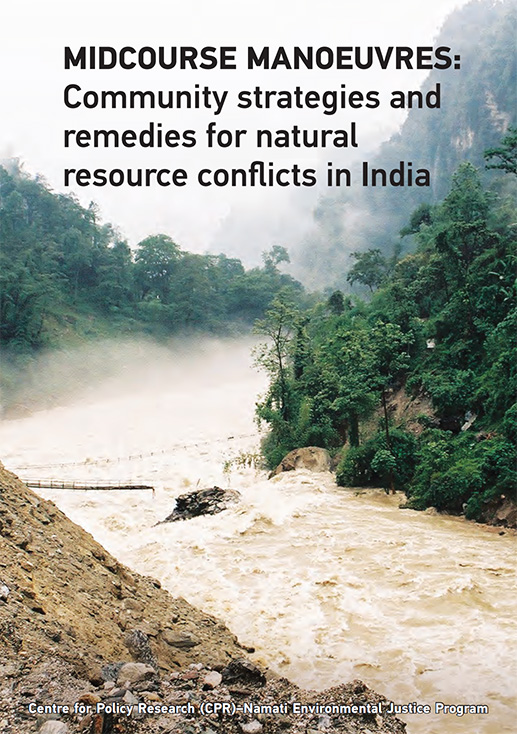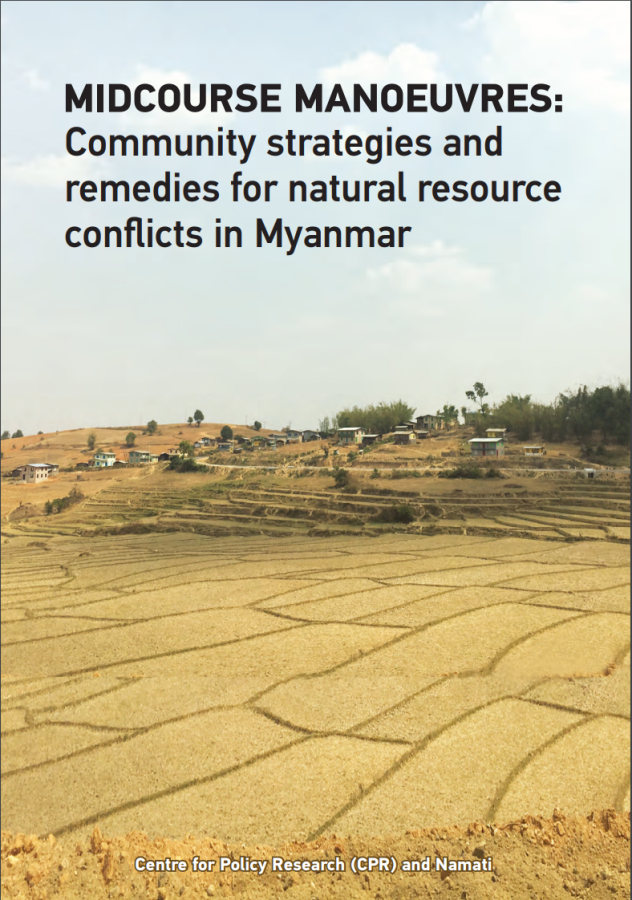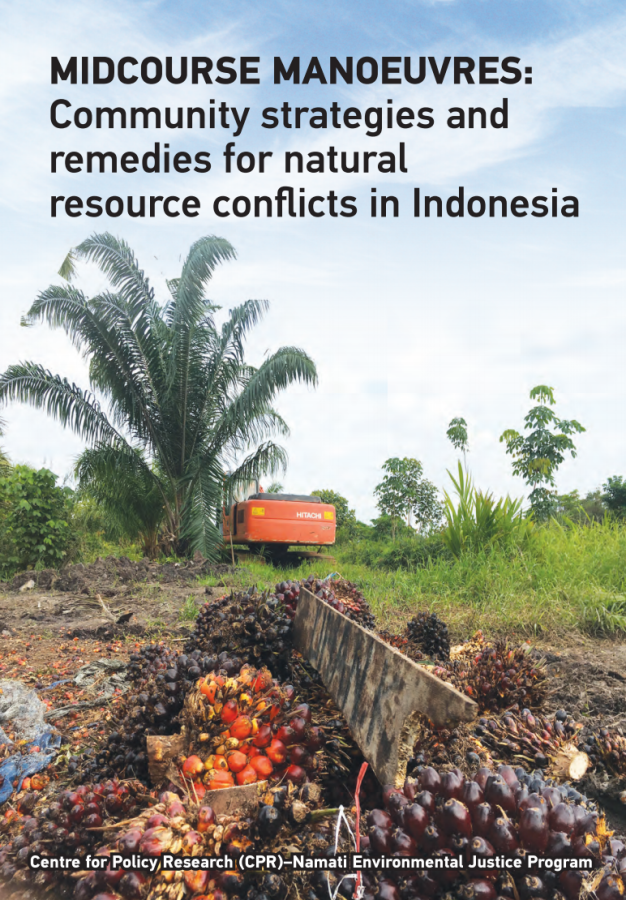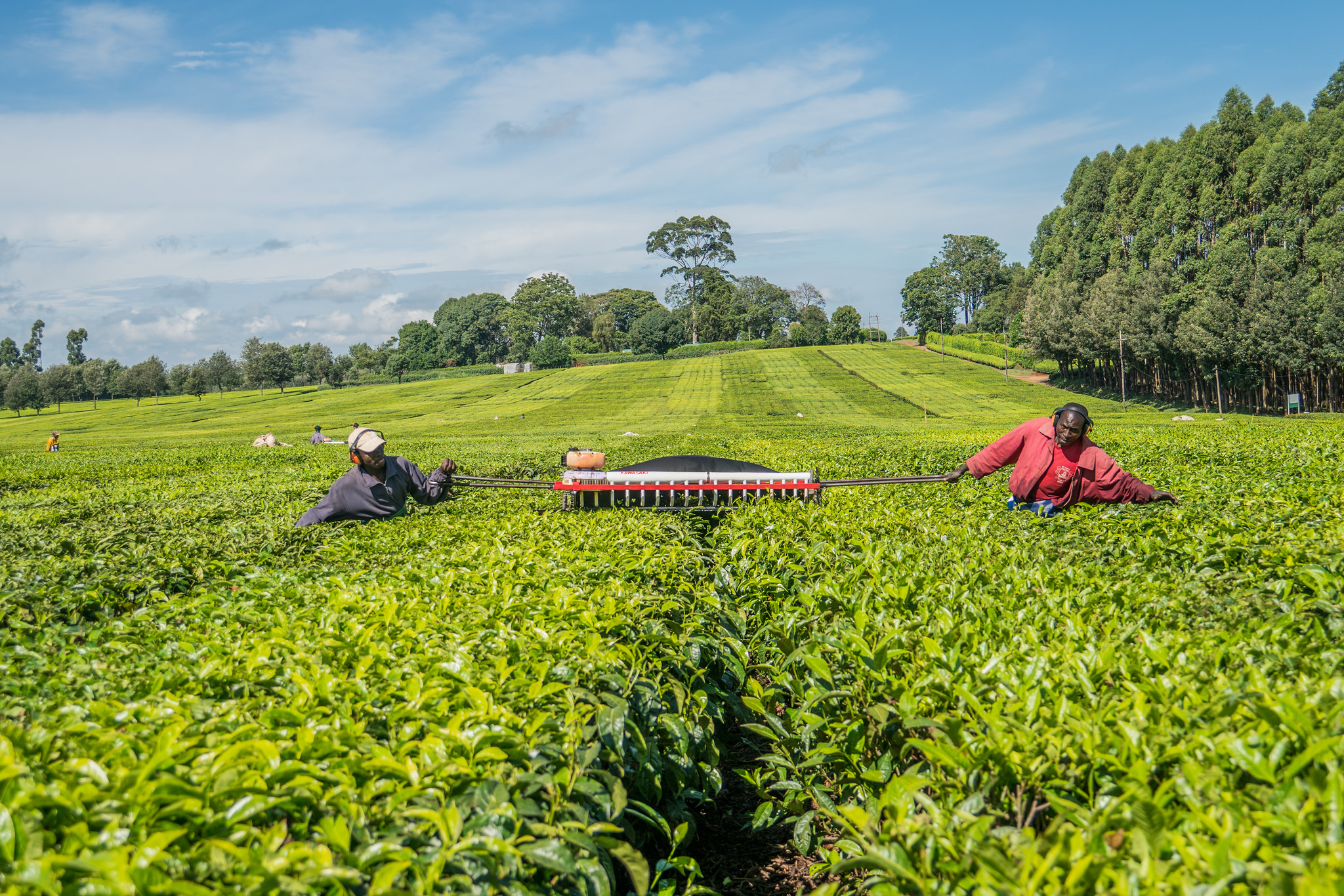Conflicts of land expropriation in China during 2006–2016: An overview and its spatio-temporal characteristics
In recent years conflicts of land expropriation in China have received a lot of concern. Recent systematic reviews highlight causes, types and resolution of land conflicts, yet very few of these studies have considered the spatial-temporal characteristics of the issue. Utilizing spatial statistical analysis and statistical software, this paper aims to build a contextual overview on Chinese land expropriation conflicts and explore spatial and temporal distribution of it during 2006–2016. Correlations of land conflict intensity with per capita GDP and urbanization rate have been studied.




